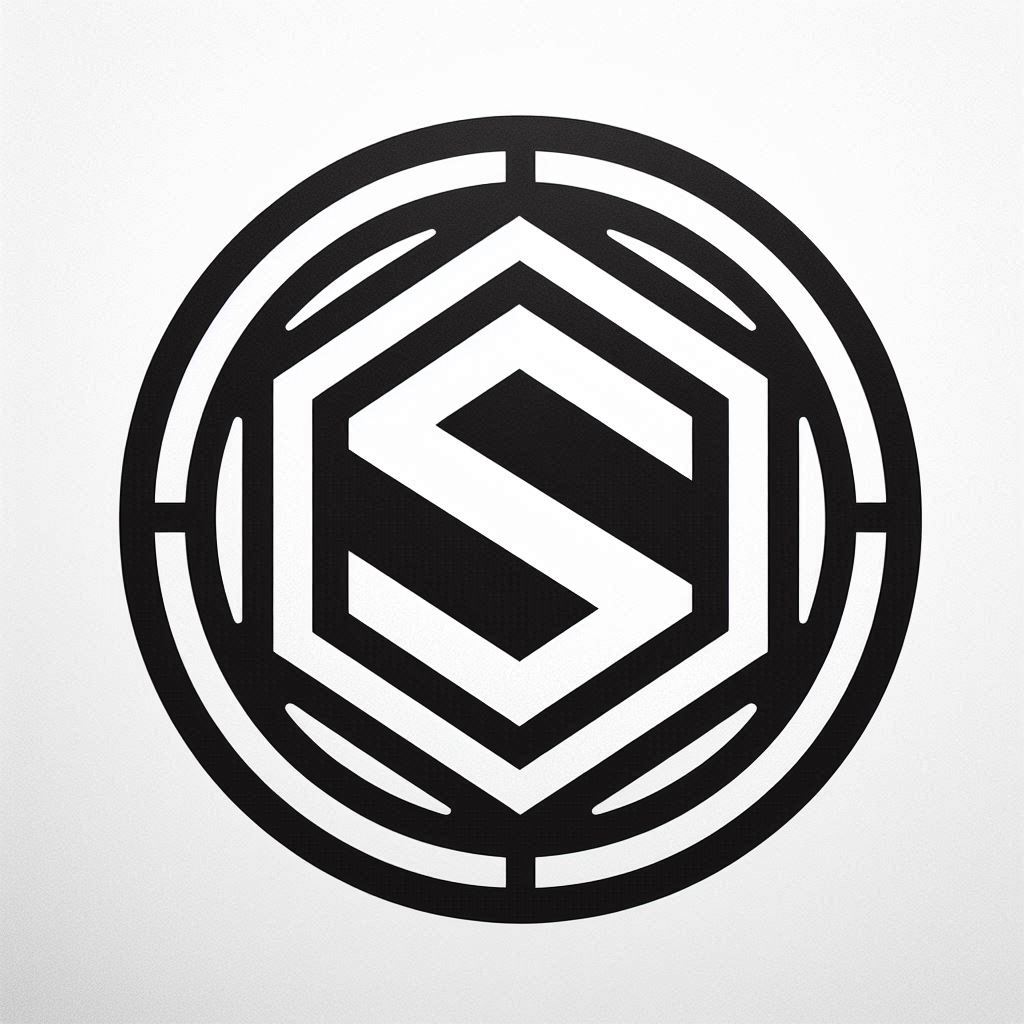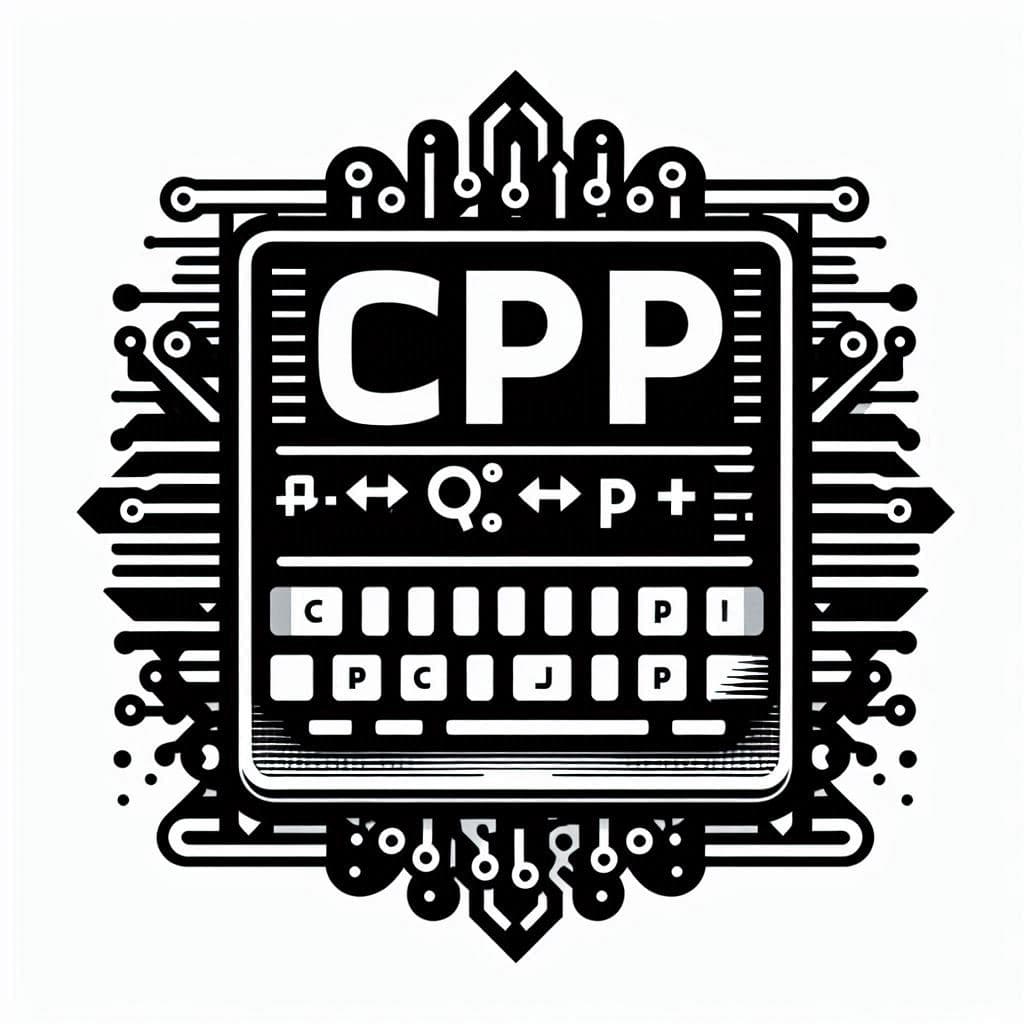Comprehensive C++ curriculum



This comprehensive C++ curriculum is designed to guide learners from the basics of programming to advanced concepts, providing a thorough understanding of C++ over 14 weeks.
In the first two weeks, learners are introduced to programming and C++ fundamentals. Topics covered include the history of C++, installing a compiler, writing the first program, understanding the main function, basic input/output, comments, data types, variables, constants, and operators.
Weeks 3 and 4 focus on control structures, including conditional statements (if, else if, else, switch) and loops (while, do-while, for). This section also introduces functions, covering parameters, return values, and scope, preparing learners for more advanced coding structures.
Weeks 5 and 6 delve into advanced data types, including arrays, strings, and pointers. Learners explore multidimensional arrays, string operations, and pointer arithmetic, providing a solid foundation for manipulating data in more complex scenarios.
Object-Oriented Programming (OOP) is the focus of weeks 7 and 8, where learners are introduced to classes, objects, constructors, destructors, inheritance, polymorphism, function overloading, operator overloading, and virtual functions. This section emphasizes structuring programs using OOP principles.
Weeks 9 and 10 cover advanced topics like dynamic memory management, exception handling, templates, and the Standard Template Library (STL), which includes vectors, lists, maps, and iterators, further broadening the learner's toolkit.
In weeks 11 and 12, learners explore file input/output and advanced OOP concepts, such as friend functions, the 'this' pointer, static members, and multithreading. Additionally, modern C++ features like lambda expressions, smart pointers, and move semantics are introduced.
The final weeks, 13 and 14, focus on projects and practical application. Learners engage in mini-projects, such as building a console application or implementing a data structure, culminating in a final project that integrates all concepts covered. Throughout the course, learners are encouraged to use resources such as books, online courses, and coding platforms like LeetCode and HackerRank for practice and further learning.
This curriculum offers a well-rounded and in-depth approach to mastering C++, from basic syntax to complex programming techniques.